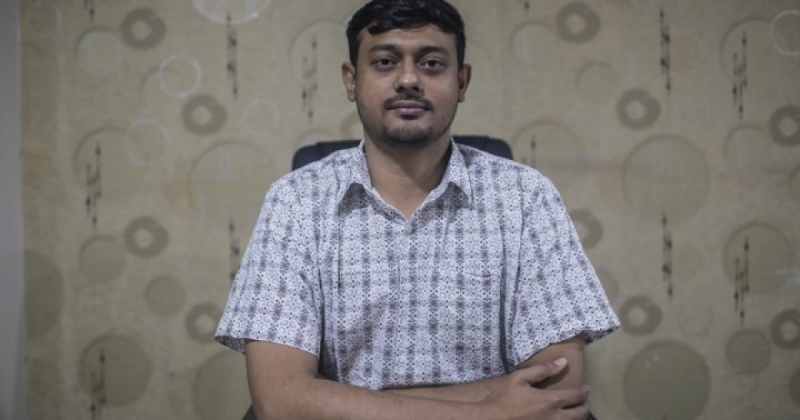- Trump considering military options on Greenland; Europe rejects |
- Fertiliser crunch threatens Kushtia’s onion boom despite high prices |
- Security Council Divided on United States' Venezuela Action |
- Over 1.53m voters register for postal balloting: Shafiqul Alam |
We need to move forward beyond ‘ism: Nasiruddin Patwary

Dhaka, 21 Jan – Convener of Jatiya Nagorik Committee Nasiruddin Patwary on Wednesday said they do not want any ‘ism’ like Ziaism (Ziabad) and ‘Mujibism (Mujibad)’ in Bangladesh
“Following the 2024 mass uprising, we do not want any ethnic hatred. We do not want any terrorist activities. We want to move away from the ideological divisions that exist in Bangladesh. We don’t want any ‘ism’ like Ziabad or Mujibbad,” he said.
Nasiruddin Patwary was addressing a discussion titled “The 1974 Famine: Its Impact on Bangladesh's Politics and Development Policy” in the city.
The Jatiya Nagorik Committee arranged the event as the third episode of a political discourse series in its central office.
Terming the 1971-1975 period a dark chapter of the history, he said the issues like famine occurred in the period were kept hidden from the eyes of the people through fascism.
The issues are not studied in our primary, secondary schools and universities, he added.
The Jatiya Nagorik Committee Convener said Bangladesh will face many crises day by day due to its geopolitical location and its existing political landscape. These issues (like the 1974 famine) will show a path to overcome these crises and Bangladesh will be able to learn from them, he said.
He said all the country’s institutions -- Economic, cultural and political ones -- were destroyed.
“Even a single institution out of all the political institutions established in the last 53 years has been able to work according to our expectations. But, that opportunity has come before you,” he said pointing at the Zen-G of the 2024 mass uprising.
“The people will be at the prime place of sovereignty…. We want to fight for the people by focusing on the people,” said Nasiruddin Patwary.
Dr Naomi Hossain
A renowned professor of development studies at the School of Oriental and African Studies (SOAS) University of London, Dr Naomi Hossain, said the 1974 famine is a dark and dangerous chapter of history. “Awami League never wants to confess (the famine),” she said.
She said the famine occurred mainly due to four reasons including flood, food hoarding and smuggling, absence of international food aid and politics in local food relief. During the famine, the lower class people had no access to food rations unlike the middle class urban people, she added.
The renowned professor said many people want to blame Sheikh Mujib for the 1974 famine. It is certain that the Awami League government failed to provide security to the people, but it is also clear that he (Sheikh Mujibur Rahman) tried, she added.
She stressed the need for study on the famine, collecting information about it and the stories of the survivors and sufferers, finding the reasons behind the deaths of the victims.
“To protect the most vulnerable is the most important priority, which is the lesion we can get from this famine,” said Dr Hossain.
Jatiya Nagorik Committee leaders, including its spokesperson Samata Shermeen, were present.

